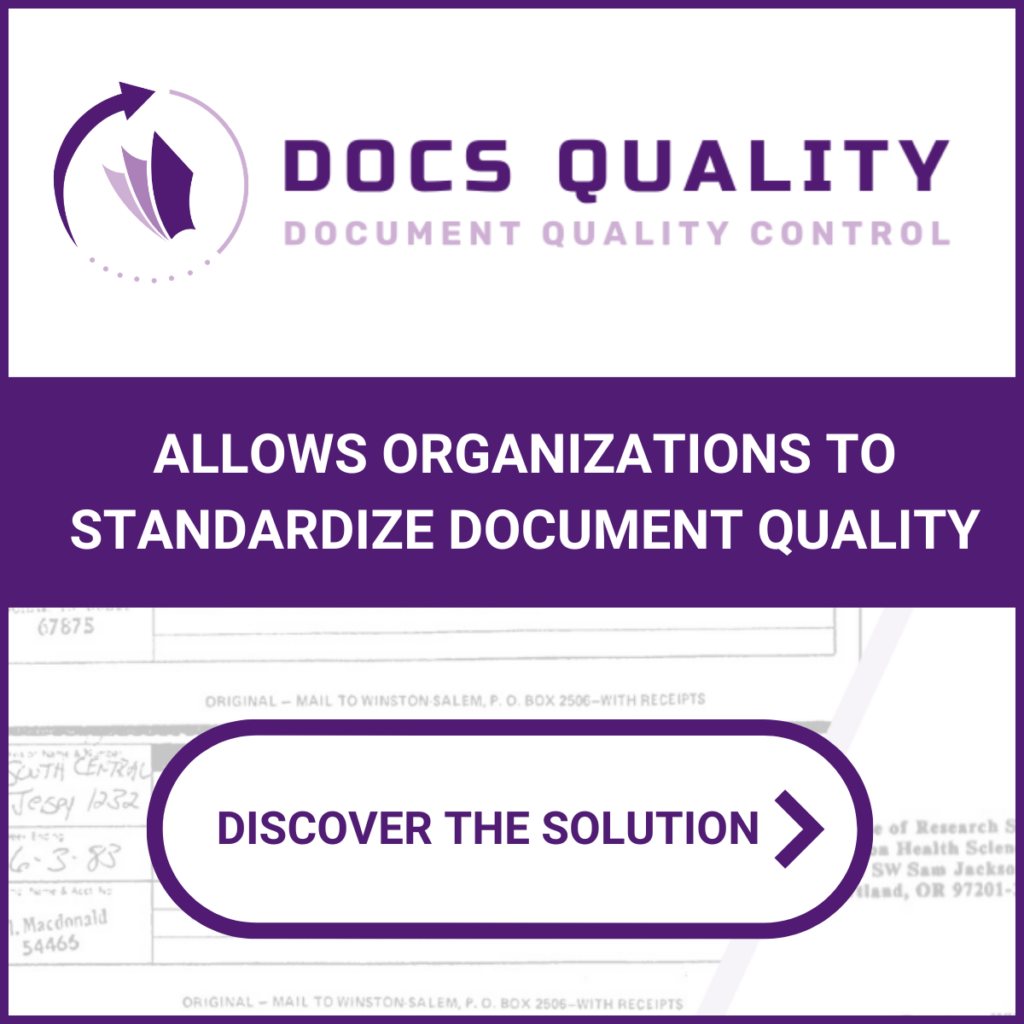Artificial intelligence (AI) is a buzzword in the business community, captivating the attention of professionals keen on leveraging technology to enhance efficiency. A growing suite of AI-powered tools promises to revolutionize routine operations by automating tasks such as document categorization and quality evaluation. Our article delves into the practical benefits of AI, highlighting tasks that technology can expedite, transforming how businesses handle their daily workload. Tool examples.
In the digital era, where information is both an asset and a commodity, effective document management is the backbone of a productive company. Artificial Intelligence (AI) tools are revolutionizing how companies organize, manage, and process their documentation, leading to a high level of efficiency and accuracy.
AI-driven document management systems (DMS) are not just digital storage spaces; they are intelligent hubs where documents are not merely stored but understood. By leveraging machine learning, natural language processing, and image recognition, AI tools can categorize, analyze, and even suggest edits to documents. These capabilities allow for a more nuanced and intelligent approach to document organization.
One of the most time-consuming aspects of document management is organization. AI tools excel at automating this process. By recognizing patterns and classifying information based on predetermined criteria, AI can sort documents into appropriate categories without human intervention. It can tag and index files for easy retrieval, saving employees hours of manual work.
Searchability is another domain where AI tools shine. Traditional search functions can be limiting, requiring exact matches for file names or content. AI-enhanced search engines understand context, synonyms, and related concepts. This semantic understanding allows users to find documents through related topics or content, vastly improving the accessibility of information.
Quality Control and Compliance
AI also plays a crucial role in maintaining document quality and compliance. For instance, AI tools can ensure that all documents adhere to company standards and legal requirements before they are filed away. By analyzing and cross-referencing content against regulatory frameworks, AI systems minimize the risk of non-compliance and its associated costs. If you want to standardize the quality of documentation in your company, just get to know DocsQuality.

AI tools facilitate real-time document editing and collaboration. AI can suggest content improvements, correct language inconsistencies, and even translate documents on the fly, enabling seamless collaboration across global teams. This not only enhances the quality of the documents but also speeds up the workflow.
Beyond organization, AI can predict future needs by analyzing document usage and workflow patterns. This predictive analytics capability allows companies to be proactive rather than reactive in their document management strategies, ensuring that resources are allocated efficiently and effectively.
With cybersecurity threats on the rise, AI tools offer sophisticated security features for document management. AI systems can monitor access patterns and detect anomalies that could indicate a security breach, providing an additional layer of protection for sensitive documents.
Here are examples of specific AI-driven tools used in document management:
Google Cloud Vision API: An image recognition service that can integrate with document management systems to understand content within images, including printed and handwritten text.
IBM Watson Discovery: An AI-powered search and content analytics engine that can help you uncover insights from your documents using natural language processing.
Microsoft SharePoint Syntex: Utilizes machine teaching to amplify human expertise, automate content processing, and transform content into knowledge. It uses advanced AI and machine learning to capture and process content.
M-Files: A DMS that leverages AI to deliver the right information to the right people at the right time by understanding and categorizing the content of documents.
Ephesoft Transact: This platform uses supervised machine learning to classify documents and extract valuable data from them for business process automation.
DocuWare: An intelligent document management solution that uses AI for advanced document processing, workflow automation, and document control.
ABBYY FlexiCapture: A powerful form processing platform using OCR, machine learning, and NLP to convert documents into business-ready data.
DocsQuality: Is SaaS or on-premise platform that can be easily incorporated into existing document flow systems that allow you to verify document quality before injecting it into a digital repository
These tools are at the forefront of integrating AI into the document management process, offering capabilities that range from intelligent search to document understanding and process automation. AI tools are not just changing the landscape of document management; they are setting a new standard. With their ability to automate, optimize, and secure documentation processes, AI-driven DMS solutions are indispensable for companies looking to thrive in a data-driven world. By embracing these intelligent systems, companies can ensure that their documentation is not just organized but dynamically aligned with their operational and strategic objectives.
Text developed with ChatGPT


